Harper Lee’s “To Kill a Mockingbird” is a literary treasure trove, brimming with poignant reflections on humanity, morality, and the complexities of life. Below, we explore ten compelling quotes that resonate deeply, complete with their corresponding page numbers for easy reference.
“The one thing that doesn’t abide by majority rule is a person’s conscience.”

This quote serves as a reminder that individual morality often stands apart from societal norms. It underscores the importance of self-reflection and conviction in a world swayed by popular opinion. Page 140
“Mockingbirds don’t do one thing but make music for us to enjoy. They don’t eat up people’s gardens, don’t nest in corncribs, they farm for us.”

An emblematic metaphor within the narrative, this quote emphasizes the innocence of the mockingbird as a symbol of purity and goodness, encouraging us to protect the vulnerable in our midst. Page 119
“Atticus, he was real nice.” “Most people are, Scout, when you finally see them.”
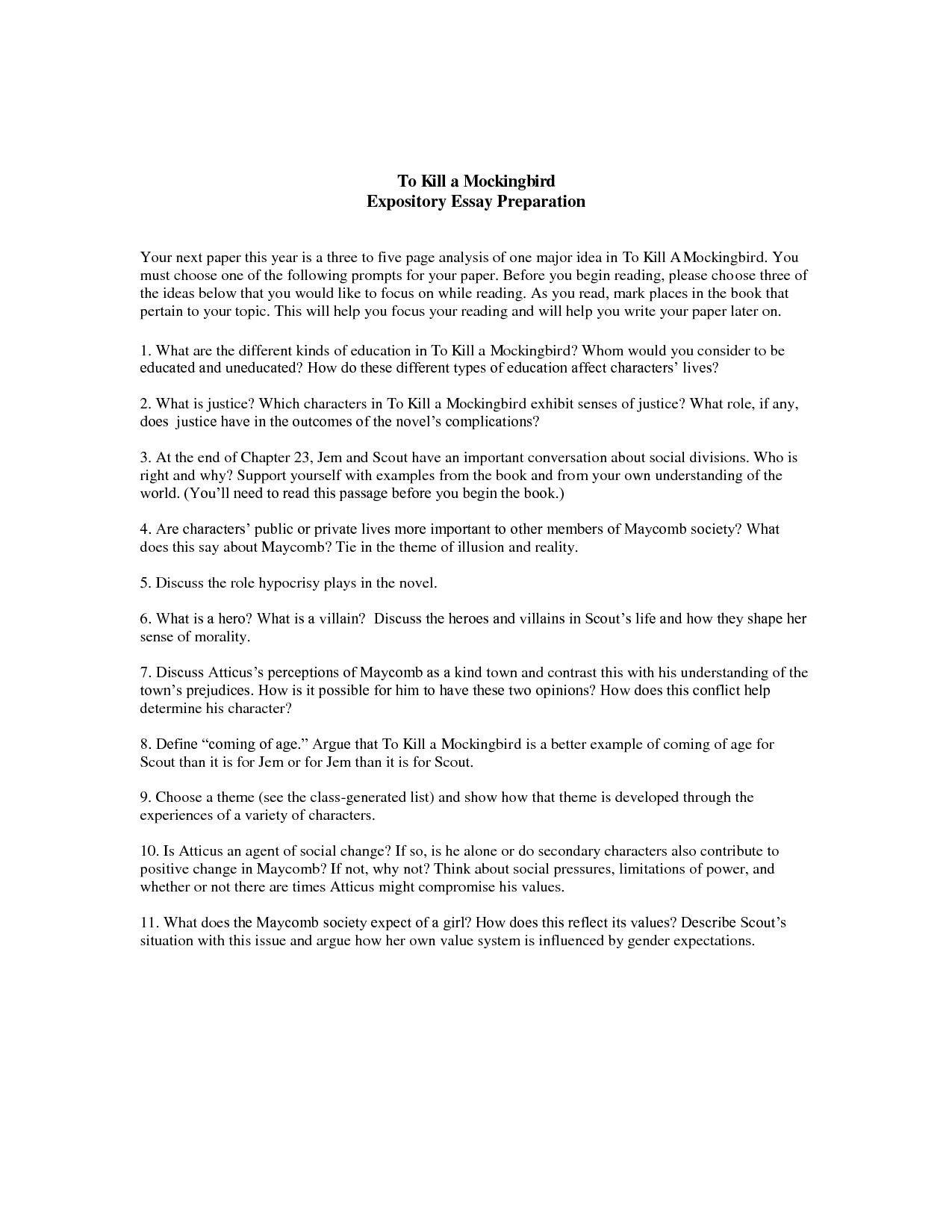
This exchange reflects the novel’s theme of empathy and understanding, revealing the profound wisdom that often lies beneath the surface of human interactions. Page 304
“You never really understand a person until you consider things from his point of view.”
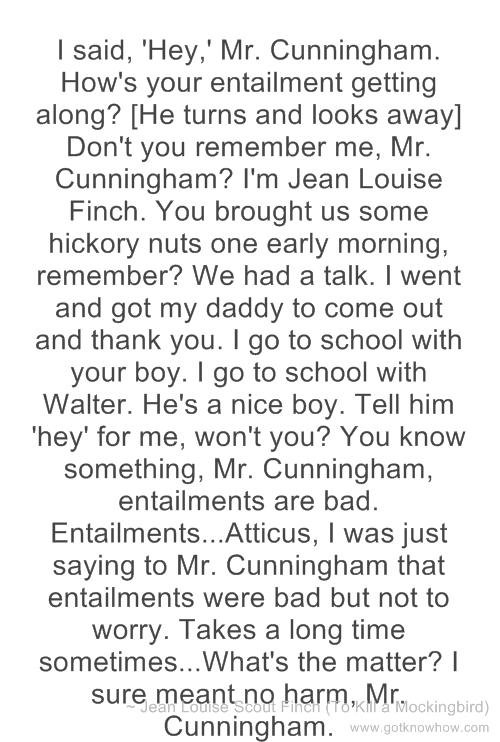
This insightful declaration encapsulates the essence of empathy, encouraging readers to embrace diverse perspectives and cultivate compassion. Page 30
“Until I feared I would lose it, I never loved to read. One does not love breathing.”
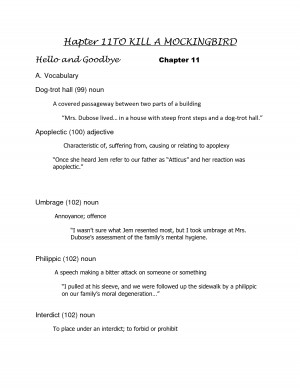
“It’s never an insult to be called what somebody thinks is a bad name. It just shows you how poor that person is.”
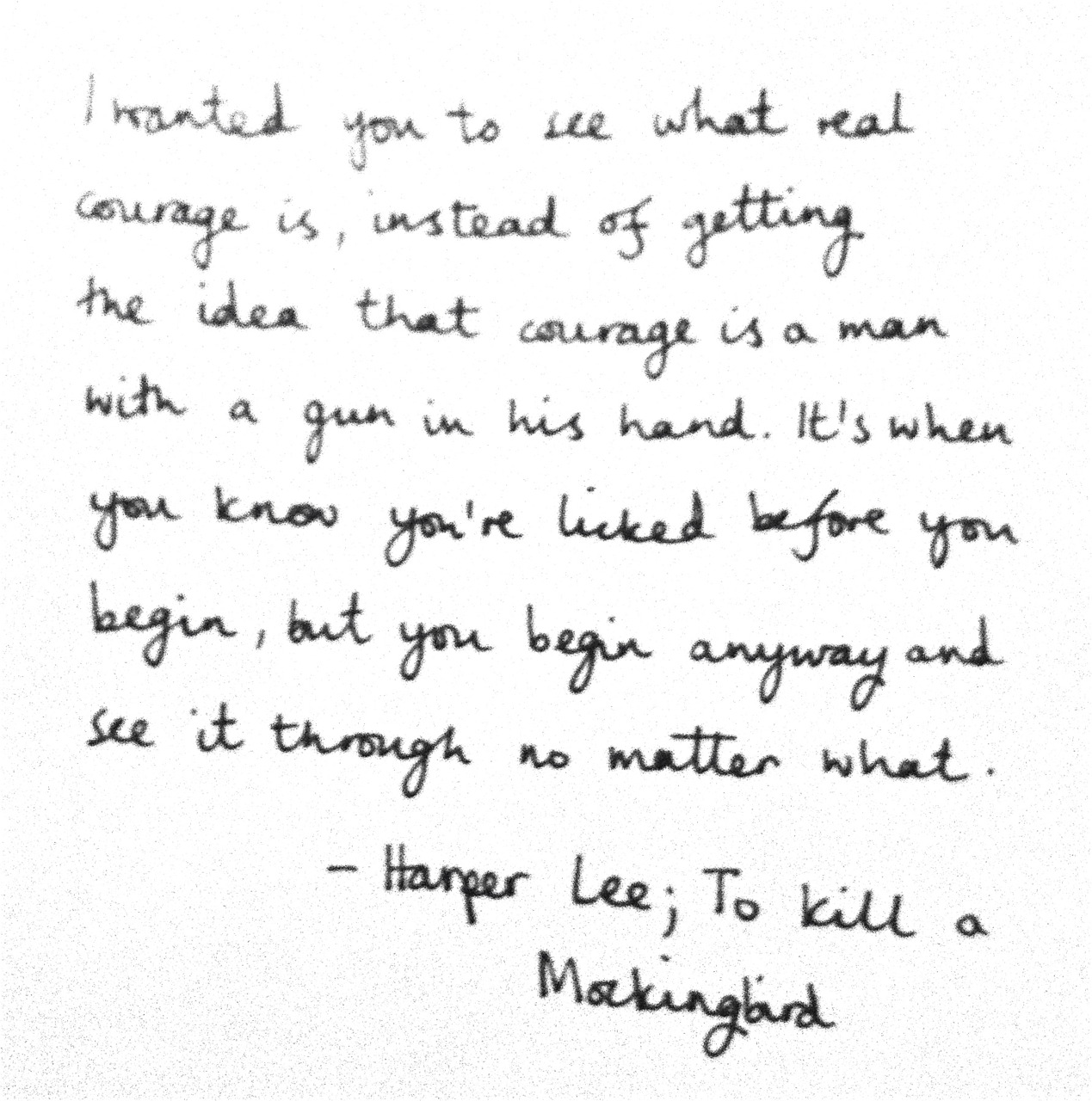
This quote reflects the profound wisdom of Atticus Finch as he teaches Scout about resilience and self-worth in the face of prejudice. Page 135
“Real courage is when you know you’re licked before you begin, but you begin anyway and see it through no matter what.”

Here, Atticus redefines courage, challenging conventional notions and instilling a sense of unwavering resolve in his children. Page 149
“I wanted you to see what real courage is, instead of getting the idea that courage is a man with a gun in his hand.”

This poignant message reiterates the strength of character and moral fortitude over brute strength, a theme that resonates throughout the novel. Page 112
“As you grow older, you’ll see white men cheat black men every day of your life.”
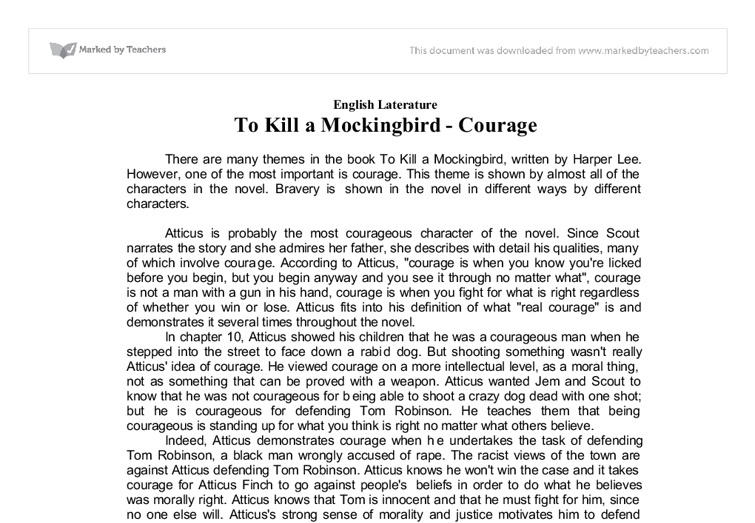
This raw observation by Atticus presents a sobering reality of racial injustice, reflecting the societal issues that permeate the narrative. Page 219
“The law is not always just.”

This succinct declaration encapsulates the disillusionment with the legal system, urging readers to confront the complexities of justice. Page 245




